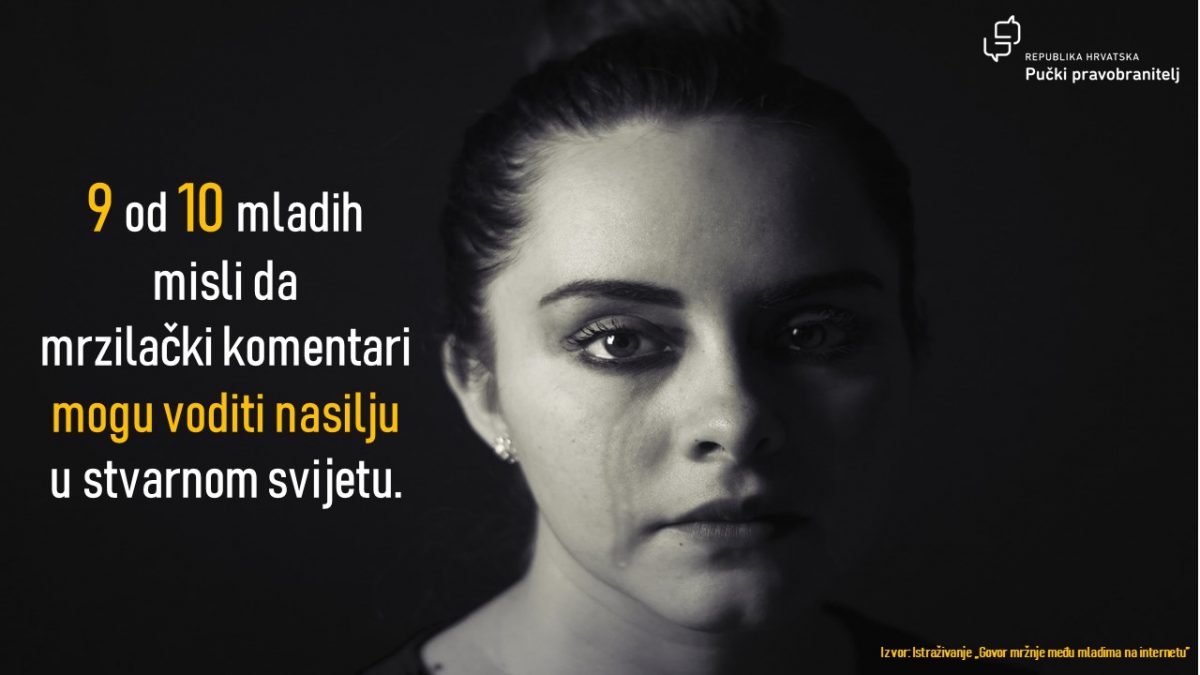At the beginning of February, Safer Internet Day is observed worldwide to promote more responsible, safer, respectful, and creative use of the internet and digital technologies, especially among children and young people. Under the slogan “Together for a Better Internet,” this year’s event takes place on February 11, focusing on the goal of creating an online world free of violence. The occasion also serves as a key opportunity to raise awareness of the growing issue of cyberviolence and to discuss ways to combat it.
While the digital age and internet use bring undeniable benefits to society, they have also created significant risks, such as security threats and human rights violations. This encompasses hate speech and other forms of cyberviolence, such as privacy breaches, exposure to inappropriate content, and various harmful behaviors that often target the most vulnerable groups—children and young people. It is therefore crucial that, from an early age, children and youth learn how to use the internet responsibly, respecting both their own rights and the rights of others. This is particularly relevant to hate speech, one of the most widespread forms of online abuse, which has unfortunately become prevalent across all platforms.
A study conducted by the Ombudswoman’s Office among young people aged 18 to 30 revealed alarming findings. Nearly half of respondents reported personally experiencing hateful comments or online hostility in the past five years. One in three encounters hate speech on the internet almost daily. The most common motives behind such attacks include national or ethnic background, gender, religion, skin color, sexual orientation, physical appearance, and financial status. More than half of the young people surveyed said they do not know where to seek help when targeted by hate speech, and two out of three do not report these incidents at all. Instant messaging platforms such as WhatsApp, Snapchat, Facebook Messenger, and Viber are also seen as environments where intolerance persists, raising concerns about the normalization of such behavior among youth.
To effectively combat these harmful phenomena, education is key. Parents, guardians, teachers, IT industry representatives, legislators, and society as a whole need to recognize hate speech and take active steps to counter it. Initiatives include adapting legislation and developing new IT tools and algorithms to tackle the issue, but their effectiveness remains to be seen. The clear, consistent, and firm condemnation of hate speech is a fundamental requirement for addressing this challenge—something both the Ombudswoman’s 2018 Annual Report and the European Commission against Racism and Intolerance (ECRI) General Policy Recommendation No. 15 (GPR15) have emphasized.
Safer Internet Day was first introduced as part of the EU’s SafeBorders project in 2004 and has been officially organized since 2005 by Insafe and INHOPE, within the European network of Safer Internet Centers, with the support of the European Commission through the Connecting Europe Facility (CEF), and in line with the EU’s Better Internet for Kids Strategy. In Croatia, the Center for Safer Internet in Osijek leads the initiatives and activities related to this important day.


